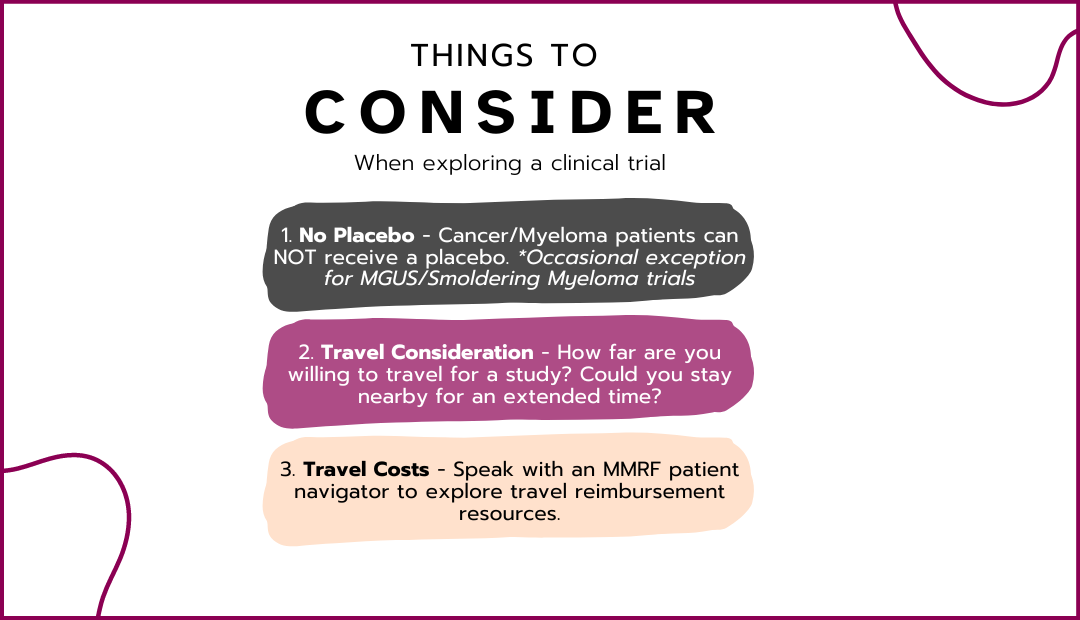A Study of Melphalan With or Without Siltuximab in People With Multiple Myeloma Having an Autologous Stem Cell Transplant
NCT06679829
Age 60 +
Sex Both
Phase Phase 2
Third Opinion Trial Synopsis
In this clinical study, researchers are exploring a new treatment approach for patients with a specific type of blood cancer. The study focuses on using a combination of therapies to improve patient outcomes. Here are some key details about the study:
- The treatment involves a unique combination of medications that target the cancer cells more effectively.
- Participants will receive this treatment in a controlled environment, allowing researchers to closely monitor its effects.
- The study aims to assess how well this combination works compared to standard treatments.
- Patients will be evaluated for their response to the treatment, including any side effects and overall health improvements.
- This study is particularly interesting because it combines different therapeutic strategies that have not been used together before, potentially leading to better results.
- Researchers are also looking at how this treatment affects patients' quality of life during and after the therapy.
Third Opinion AI Generated Synopsis
Trial Summary
The purpose of this study is to see if siltuximab plus population pharmacokinetic (PK)-dosed melphalan works as well as the usual approach (body surface area \[BSA\]-dosed melphalan) in people with multiple myeloma (MM) who are receiving an autologous stem cell transplant (ASCT) as part of their standard treatment. The researchers will also see if siltuximab in combination with population PK-dosed melphalan works to decrease symptoms after an ASCT, and will study the safety of siltuximab. For the run-in, 15 patients will receive siltuximab, 11 mg/kg, seven days before and 14 days after autologous hematopoietic stem cell infusion (+/-2 day).
The purpose of this study is to see if siltuximab plus population pharmacokinetic (PK)-dosed melphalan works as well as the usual approach (body surface area \[BSA\]-dosed melphalan) in people with multiple myeloma (MM) who are receiving an autologous stem cell transplant (ASCT) as part of their standard treatment. The researchers will also see if siltuximab in combination with population PK-dosed melphalan works to decrease symptoms after an ASCT, and will study the safety of siltuximab. For the run-in, 15 patients will receive siltuximab, 11 mg/kg, seven days before and 14 days after autologous hematopoietic stem cell infusion (+/-2 day).
from ClinicalTrials.gov
Locations & Contact
Fill out the form and to let the Multiple Myeloma Research Foundation know you are interested in this trial.
Contacts:

